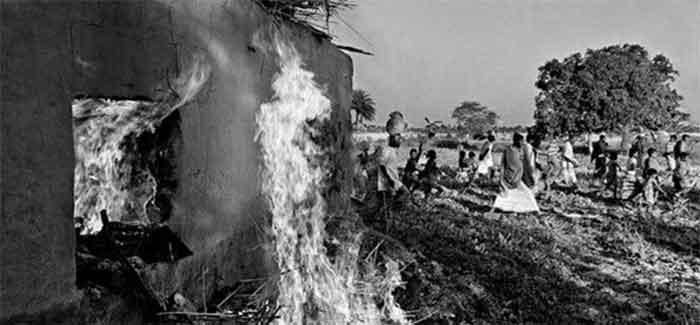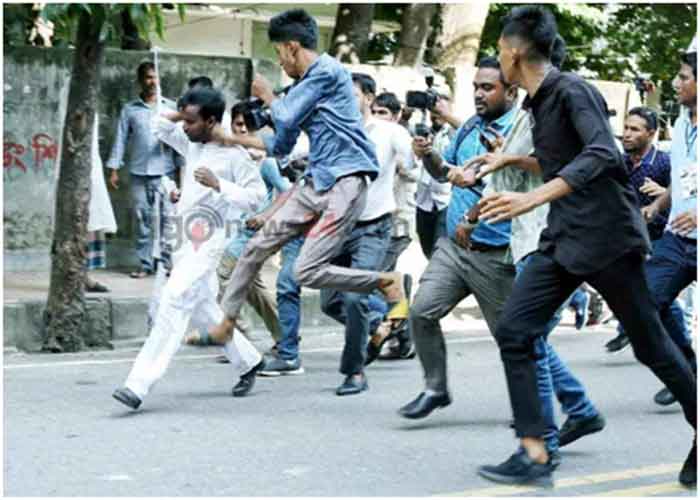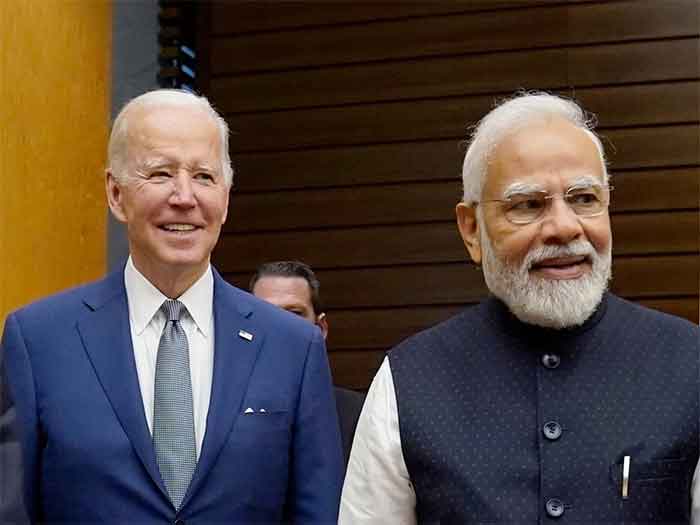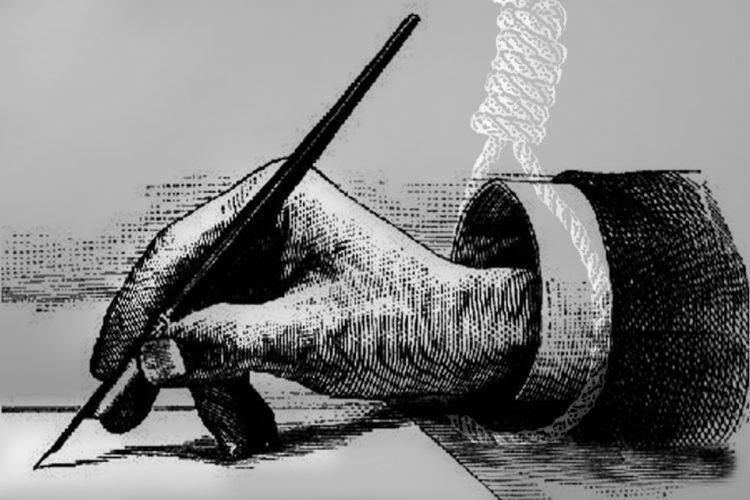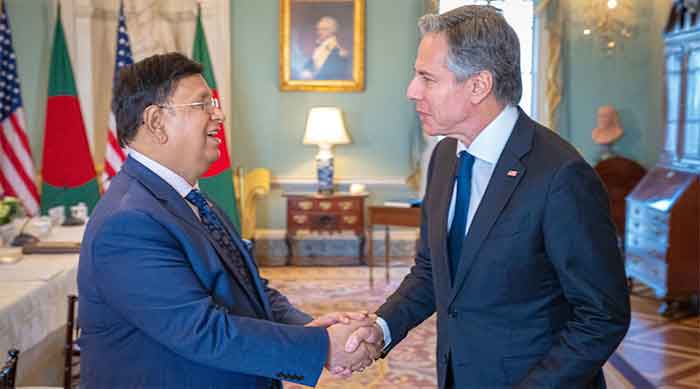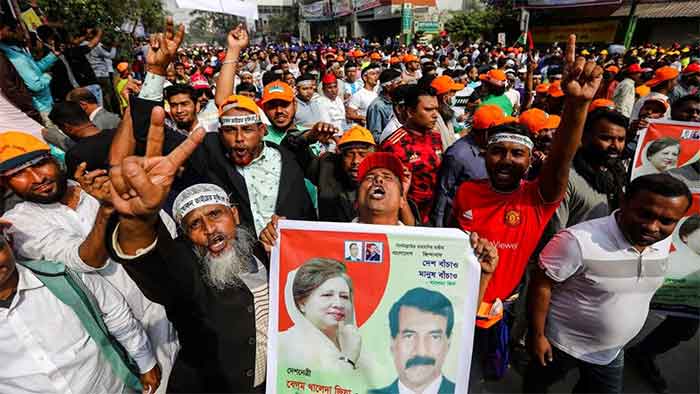How Nixon and Kissinger failed to respond to urgent need for course-correction from their own senior diplomats

This year events relating to the liberation of Bangladesh have been recalled time and again as Bangladesh has completed 50 years as a nation. On March 26 Bangladesh celebrated its 50th freedom day as the first announcement of its freedom was made on this date in 1971. However this was followed by one of the worst crackdowns of post war period. Effective freedom came when the Pakistani army surrendered on 16 December 1971.
This wave of repression had some very special characteristics. The US consulate officials posted there described it clearly as a genocide and a selective genocide, but the perpetrators of this repression received full and open support from the all powerful USA duo of Nixon and Kissinger. When the horrible scale of the massacre had been fully confirmed, Nixon went on referring to the Perpetrator-in- Chief Yahya Khan ( President of Pakistan) as a decent man and maintained very friendly relations with him.
This repression took place in what was then officially East Pakistan but was to emerge soon, after December 16 1971, as the new nation of Bangladesh. The situation was grim here as 1971 started. One of the worst cyclones ( named Bhola) had devastated island villages in November 1970, unleashing great destruction in low lying island villages of Gangetic delta and coastal areas. Several villages had no human being left. Over 300,000 lives were lost.
The elections which were held after this were swept by the Awami Party, but the dominant generals and politicians in West Pakistan, who had messed up relief work badly, were firm about not handing over power to a Bangla leader or a party from East. As protests broke out in East, unrestrained terror was unleashed. Official estimates of the Bangladesh government regarding the death toll in the massacres of next few months ( late March to early December) mention close to 3 million deaths. Even if we allow for some lower estimates and accept a figure of around 2 million it was truly one of the biggest tragedies of the post war years. Nearly 200,000 to 400,000 girls and women were raped. Many were killed after rape. Settlements were set aflame, while those fleeing from the fire were shot dead or machine-gunned.
To their credit, the Amrican diplomats in the US consulate in Dacca ( as also several diplomats based in Delhi) tried their best to warn the US government regrding what was actually happening. Led by US Consul General in Dacca Blood Archer, as many as 20 of them signed a dissent note to Washington which has become well-known as ‘the Blood Telegram’. This note has been the sometimes called the most critical note ever sent by US diplomats regrding the policies being pursued by their own government. The note, which was sent soon after terror was unleashed on the night of March 25/26, said, “Our government has failed to denounce the suppression of democracy. Our government has failed to denounce atrocities…Our government has evidenced what many will consider moral bankruptcy.”
Even earlier on May 27, just a day or so after the terror wave was unleashed, Archer had sent a dispatch saying—Here in Dacca we are mute and horrified witnesses to a reign of terror by the Pak(istani) military. Later in August a Time magazine report quoted a US official as stating, “ It is the most incredible calculated terror since the days of the Nazis in Poland.”
Soon after the Blood Telegram was received in Washington, Kissinger told Nixon –the Dacca Consulate is in open rebellion. However they did not give any thought to heeding what was being said by the Consulate. The typical response of Kissinger was to call back Archer from Dacca and ensure that his career interests were damaged, no matter that all his warnings and prediction turned out to be very close to reality.
However some senior opposition political leaders in the USA led by Ted Kennedy had begun to voice criticism of the US government policy regarding East Pakistan. However Nixon who had an unexplained hatred for India, was not moved. Oppositon voices like those of Ted Kennedy were ignored.
Meanwhile 10 million refugees, about 60% belonging to Hindu minority, trying to escape genocide had crossed over to India. Nearly 30 million others in a total population of 75 million had been internally displaced. Such a situation could not continue indefinitely. India, a poor country facing economic pressures was overburdened by the refugee crisis but Nixon told Kissinger he was thinking of cutting aid to India.
The volatile situation ultimately led to India-Pakistan war of 1971. As the Indian forces with the help of Bangla liberation fighters scored quick successes, the USA moved three Security Council resolutions in a last desperate effort to prevent the liberation of Bangladesh. If these resolutions had been approved, then Pakistan would have got enough time and opportunity to send more forces leading to futher continuation of repression. The US was anyway secretly telling Iran, Jordan and other countries to send arms to Pakistan. As things turned out, the war ended very quickly in 14 days with Pakistani forces in Dacca surrendering on December 16. Sheikh Mujibur Rehman was soon released from a Pakistani prison to take over as President of the new nation of Bangladesh amidst celebrations. He has been also called the Father of Nation because of his great inspirational role.
Unfortunately the unhelpful attitude of the USA did not end even then. Nixon of course had to leave following Watergate but Kissinger continued with his hostile, vengeful tactics right till Mujibur Rehman was assassinated along with most of his family members and some ministers in 1975. It was only after these killings that the USA esablished good relations with the new authoritarian rulers.
All through the 8 months of genocide in 1971 the USA had powerful influence over Pakistan which had increased further because Pakistan was getting into a more diffcult, indefensible position with the passage of time.Hence Nixon and Kissinger would have been successful if they had asserted themselves to prevent the genocide. Unfortunatly all through the difficult times they ignored this option and chose instead to support the perpetrators of genocide, even though the USA’s own diplomats had clearly confirmed at an early stage that this was indeed a genocide.
Clearly an early course correction based on the sound advice of its on the location diplomats by the USA could have saved around 2 million lives, apart from winning tremendous goodwill for USA foreign policy but this was not to be.
Bharat Dogra is Honorary Convener, Campaign to Save Earth Now. His recent books include Protecting Earth for Children and Planet in Peril—People’s Efforts the Way Forward.

